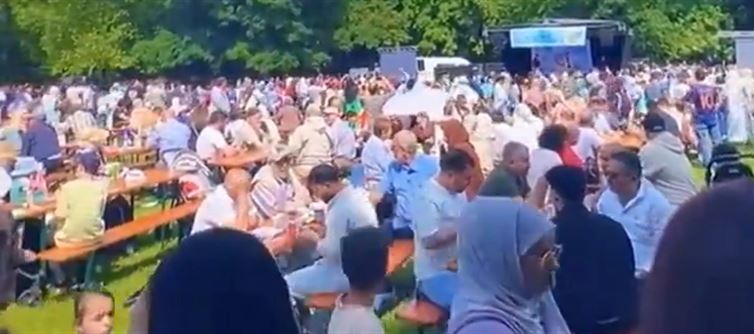
Describing these changes as an “Islamic invasion,” however, is a highly charged and controversial framing. While it reflects the anxiety some feel about the influence of Islamic culture in historically Christian or secular regions, it also risks oversimplifying a complex social phenomenon. Germany, like many Western countries, opened its doors to immigrants for economic, humanitarian, and geopolitical reasons. The resulting multiculturalism brings both opportunities and tensions. It’s true that in some areas, cultural integration has been uneven, and isolated cases of religious fundamentalism or social friction have drawn headlines. But it's essential to distinguish between peaceful co-existence and the actions of a radical minority.
Still, concerns about assimilation, parallel societies, and cultural cohesion deserve serious discussion—not to promote exclusion, but to ensure mutual respect and shared civic values. A healthy democracy should be able to address questions of identity, integration, and social change without veering into xenophobia or cultural erasure. The unease felt by many native citizens must be acknowledged, not dismissed, and policies should focus on fostering unity while respecting diversity. Otherwise, the growing gap between communities can deepen mistrust and fracture social stability even further.




 click and follow Indiaherald WhatsApp channel
click and follow Indiaherald WhatsApp channel